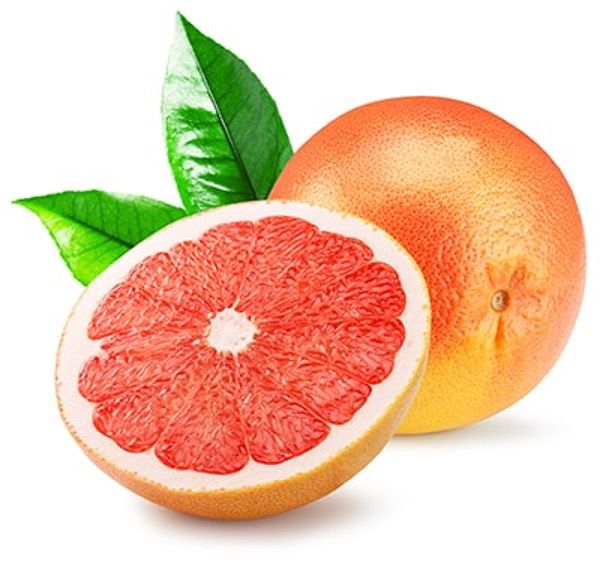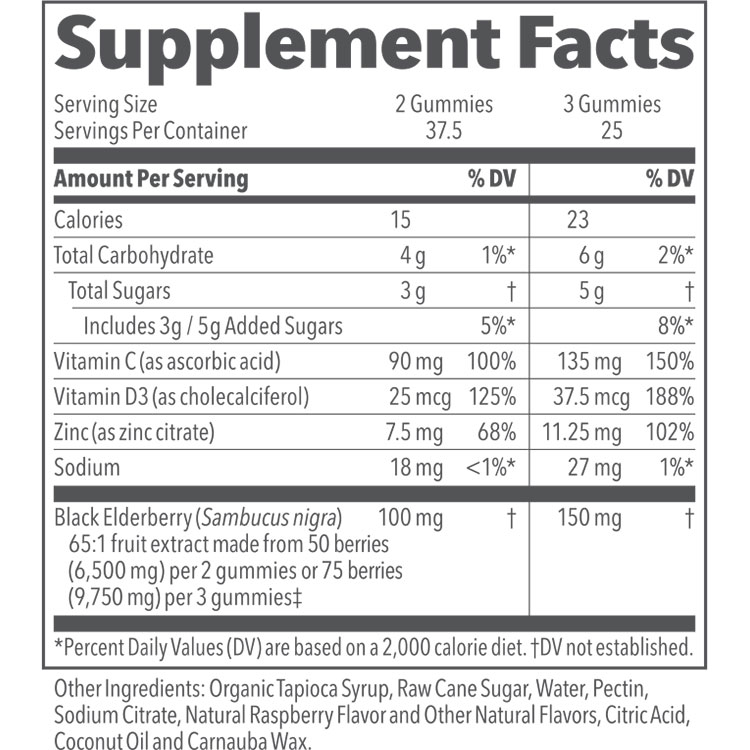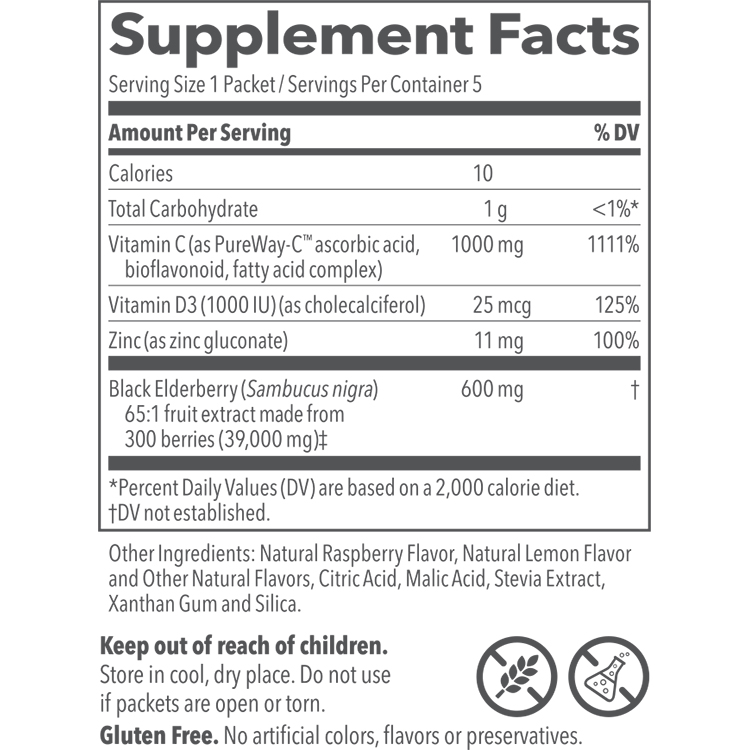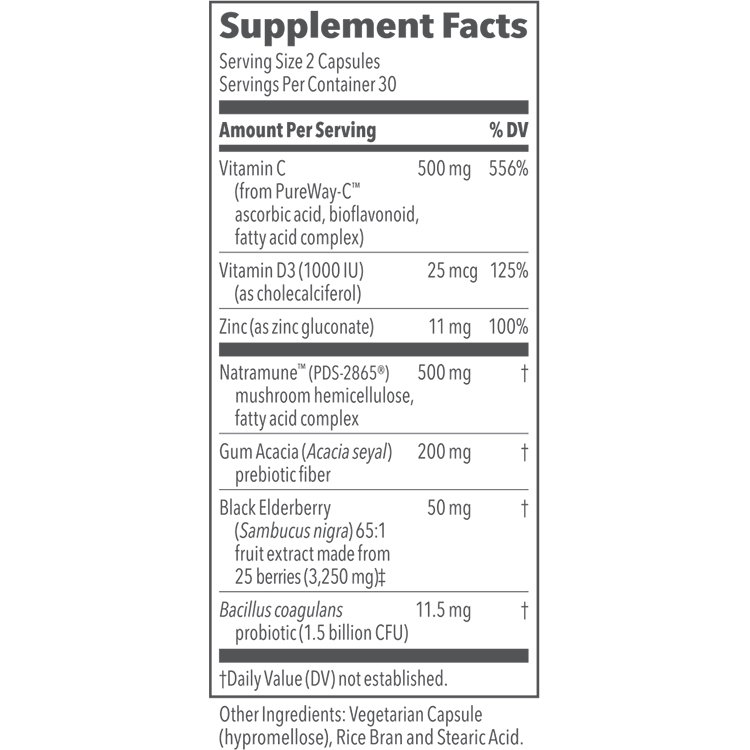BACKGROUND
Ingredient Type: Botanical, Extract
Also Known As: Citrus paradisi extract, Grapefruit oil, Pomelo, GSE, Grapefruit seed glycerate, Citrus seed extract (1)

Grapefruit seed extract is derived from the seeds of the citrus fruit ‘grapefruit’; the peel and pulp are also widely utilized. The perenifolium grapefruit tree grows 5 to 6 metres tall, bearing bulbous fruit which are used in the manufacturing, culinary, agricultural, and medical fields (1,2).
TRADITIONAL USES
While extensive evidence indicates the many traditional uses of grapefruit juice, such as for weight loss and asthma (1), far less material presents the historic uses of grapefruit seed extract. Regardless of the lack of data on traditional uses, many recent studies demonstrate the utility of grapefruit seed extract as an antimicrobial in the agricultural (3), manufacturing (4), and food packaging (5) industries.
WHAT DOES THE SCIENCE TELL US?
Grapefruit Seed Extract Might Have Antimicrobial Effects:
In a small non-controlled study, 4 middle-aged subjects with urinary tract infections were treated with 5 to 6 grapefruit seeds every six hours for 2 weeks. Three patients experienced positive results after 2 weeks, while the fourth achieved only a mild degree of remission. This 4th patient was diagnosed with Pseudomonas aeruginosa isolate, while the other three had diagnoses of Escherichia coli, Staphylococcus aureus, and Klebsiella species (6).
Atopic eczema is frequently associated with high risks of infection. In a non-controlled prospective study, 25 patients with atopic eczema received daily doses of the commercial grapefruit seed extract ParaMycrocidin for one month. 15 patients were administered three ParaMycrocidin capsules (50 mg extract/capsule) 3 times per day for one month, while the other 10 patients received 2 drops of a 0.5% ParaMycrocidin solution in 200ml water twice per day for one month. The patients receiving the 0.5% solution experienced no significant effects on levels of faecal microflora. However, those patients who were treated with the 150mg capsules experienced significant decreases in the activity of several microflora, namely hemolytic E. Coli, Geotrichum sp., and Candida, with mild inhibitions to the growth of aerobic, Lactobacillus sp., aureus, and Staph spore formers. No significant changes were observed for Klebsiella sp. or Bifidobacteria (7).
In a randomized, single-blind, controlled pilot study, 140 children were treated via nasal nebulization with either a saline solution or a salso-bromo-iodine thermal water containing hyaluronic acid and grapefruit seed extract twice daily for 10 days per month within three consecutive months. The treatment group experienced significant improvements in signs and symptoms of post-nasal drip (p<0.005), use of antibiotic therapy (p=0.011), nasal mucociliary transport time (p=0.047), number of days with upper respiratory tract infections symptoms (p=0.023), and average Parent Cough-Specific Quality of Life questionnaire scores (p=0.011), as compared to the control group (8).
Grapefruit Seed Extract Possibly Helps Alleviate Gastrointestinal Discomfort:
In the study described immediately above, all 15 subjects who were administered three ParaMycrocidin grapefruit seed extract capsules (50 mg extract/capsule) three times daily for a one-month period experienced clinical improvements in flatulence, constipation, and abdominal discomfort (7).
Grapefruit Seed Extract Possibly Supports Healthy Gums:
Forty healthy participants with gingivitis or early periodontitis were treated with either a chewing gum containing xylitol or a chewing gum containing both xylitol and grapefruit seed extract for 1 month in a study of undeclared scientific robustness. Both groups experienced decreases in gingival indices, plaque indices, bleeding indices, probing pocket depth, and clinical attachment levels from baseline to week 4. The treatment group experienced increases in the percentage of reduction in bacterial saliva from 46 ± 53% at week 2 to 69 ± 33% at week 4. The treatment group also experienced improvements in the percentage of reduction in the count of Streptococcus mutans in saliva from 52 ± 69% at week 2 to 89 ± 17% at week 4 (9).
SAFETY
Grapefruit seed extract (GSE) may be used as a food additive, but the literature has not investigated the toxicology of the extract (10).
It is noteworthy that the grapefruit from which grapefruit seed extract is derived presents several drug, herb, food and condition-related interactions and may be unsafe at large doses (1). As such, it is advisable that consumers and medical professionals treat GSE as cautiously as other grapefruit products until sound scientific evidence suggests otherwise.
Interactions:
Major
- In one case study, 2 persons on warfarin therapy consumed several drops of an artificial GSE (made of benzethonium chloride, glycerol, and water) product for 3 days. The female subject suffered a mild subcutaneous haematoma after 3 days. Product analysis revealed that the three commercial GSE products contained no traces of authentic GSE, suggesting that the preservative benzethonium chloride may have been the cause of the female patient’s distress (11).
Side-Effects:
- No known side-effects (7)
REFERENCES
- Natural Medicines Comprehensive Database Consumer Version. Grapefruit: MedlinePlus Supplements. https://medlineplus.gov/druginfo/natural/946.html. Accessed April 29, 2018.
- Cristóbal-Luna JM, Álvarez-González I, Madrigal-Bujaidar E, Chamorro-Cevallos G. Grapefruit and its biomedical, antigenotoxic and chemopreventive properties. Food Chem Toxicol. 2018;112:224-234. doi:10.1016/j.fct.2017.12.038.
- Won JS, Lee SJ, Park HH, Song K Bin, Min SC. Edible Coating Using a Chitosan-Based Colloid Incorporating Grapefruit Seed Extract for Cherry Tomato Safety and Preservation. J Food Sci. 2018;83(1):138-146. doi:10.1111/1750-3841.14002.
- Vervelle A, Mouhyi J, Del Corso M, Hippolyte M-P, Sammartino G, Dohan Ehrenfest DM. Bains de bouche aux extraits naturels microencapsulés : effets sur la plaquedentaire et la gingivite. Rev Stomatol Chir Maxillofac. 2010;111(3):148-151. doi:10.1016/j.stomax.2009.09.014.
- Kang S-T, Son H-K, Lee H-J, Choi J-S, Choi Y-I, Lee J-J. Effects of Grapefruit Seed Extract on Oxidative Stability and Quality Properties of Cured Chicken Breast. Korean J Food Sci Anim Resour. 2017;37(3):429-439. doi:10.5851/kosfa.2017.37.3.429.
- Oyelami OA, Agbakwuru EA, Adeyemi LA, Adedeji GB. The Effectiveness of Grapefruit ( Citrus paradisi ) Seeds in Treating Urinary Tract Infections. J Altern Complement Med. 2005;11(2):369-371. doi:10.1089/acm.2005.11.369.
- Ionescu G, Kiehl R, Wichmann-Kunz F, Williams C, Ba L, Levine S. Oral Citrus Seed Extract in Atopic Eczema: In Vitro and In Vivo Studies on Intestinal Microflor. http://orthomolecular.org/library/jom/1990/pdf/1990-v05n03-p155.pdf. Accessed April 27, 2018.
- La Mantia I, Ciprandi G, Varricchio A, Cupido F, Andaloro C. Salso-bromo-iodine thermal water: a nonpharmacological alternative treatment for postnasal drip-related cough in children with upper respiratory tract infections. J Biol Regul Homeost Agents. 2018;32:41-47.
- Ha Y-M, Lee B-B, Bae H-J, et al. Anti-microbial Activity of Grapefruit Seed Extract and Processed Sulfur Solution against Human Skin Pathogens. J Life Sci. 2009;19(1):94-100. doi:10.5352/JLS.2009.19.1.094.
- Everything Added to Food in the United States (EAFUS). https://www.accessdata.fda.gov/scripts/fcn/fcnnavigation.cfm?rpt=eafuslisting&displayall=false&page=16. Accessed April 29, 2018.
- Brandin H, Myrberg O, Rundlöf T, Arvidsson A-K, Brenning G. Adverse effects by artificial grapefruit seed extract products in patients on warfarin therapy. Eur J Clin Pharmacol. 2007;63(6):565-570. doi:10.1007/s00228-007-0289-1.
See the MedlinePlus entry for grapefruit or the Michigan Medicine Health Library entry for grapefruit seed extract for more information.




